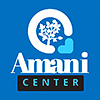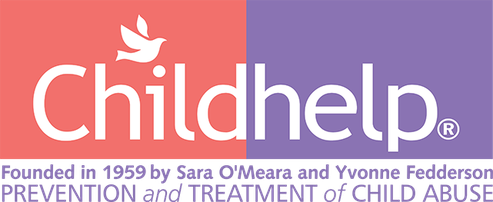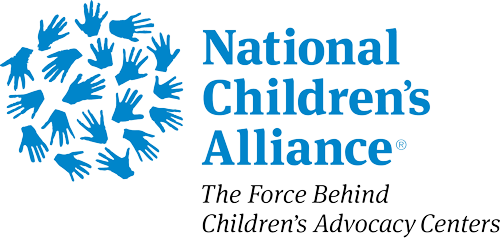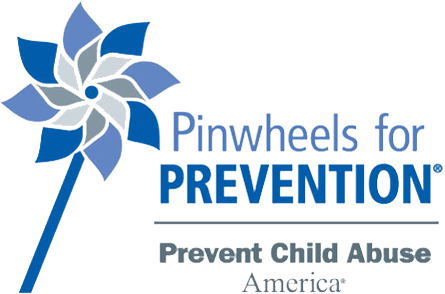What is Child Abuse/Neglect?
As a Parent, when a child discloses abuse it can be a difficult thing to hear and is scary to learn at times. The first instinct is often to ask questions, but it is really important that this be reported to the child abuse hotline (855-503-7233) and you, as a parent, do not question your child disclosing abuse. What you can do in this time is listen and support your child.
Indicators of Child Abuse
When a child is experiencing ill-treatment from a caregiver or other person, there are signs that may indicate abuse. These include:
Signs of Physical Abuse
- Unexplained facial injuries
- Injuries on forearms
- Burn marks on the skin
- Bruises on the ears
- Oral and dental injuries
- Dislocations around the body
- Internal damage
- Vomiting or breathing difficulties due to head trauma
Signs of Sexual Abuse
- Bruising around the genitals
- Painful urination or defecation
- Discharge around the genital or rectal areas
- Difficulty walking or sitting
Behavioral Cues of Child Abuse
- Excessive crying in infants
- Nightmares
- Bedwetting
- Poor concentration
- Development of phobias
- Eating issues
- Displays fear around parents/caregivers
- Speech difficulties
- Poor performance at school
- Substance abuse
- Discomfort while undressing
- Docile during physical exams
- Withdrawing when touched
Types of Child Abuse
Types of Child Abuse
Child abuse can take several forms, which are listed below.
Physical Abuse
This type of abuse involves the intentional physical harm of a child by parents or caregivers.
Using hands or other objects to strike a kid might constitute physical abuse. The most obvious kind of maltreatment includes acts like burning, biting, breaking bones, and restraining a child physically with the intent to hurt. While some injuries can happen accidentally, if the cause of the injury cannot be explained and there is a pattern of recurring injuries, physical abuse is suspected. Physical abuse can occur to children of all races, ethnicities, and economic backgrounds.
Emotional Abuse
This type of abuse may not always show obvious signs of physical harm, but it is no less painful.
Emotional abuse occurs when a parent or caregiver degrades, terrorizes, isolates, or exploits a child. This is seen when a child is constantly criticized, threatened, rejected, or given no support or love while growing up. The effects of emotional abuse are very similar to symptoms of many childhood mental and physical disorders, making identifying emotional abuse difficult.
Sexual Abuse
The forceful participation of children in sexual acts is referred to as sexual abuse. It may also include coercing a child into sexual acts that they do not fully comprehend. This type of abuse may also force children to participate in sexual acts they do not fully comprehend. The legal consent age in Oregon is 18 years old.
While sexual contact is typically associated with sexual abuse, non-contact improper treatment may also be classified as abuse. This includes exposing a child to sexual activity or photographing children in inappropriate ways.
Sexual abuse does not always imply sexual intercourse. Sometimes older children abuse younger or smaller children. Sexual acts between children become abusive when one child uses coercion, force, or violence to coerce the other child into performing acts. Children who sexually act on other children should be reported so that they can receive services.
Neglect
This is when a caregiver/parent fails to meet a child’s most basic needs.
Neglect can manifest itself in a variety of ways and is the most commonly reported type of child abuse. It entails the ability to provide basic necessities such as food, clothing, shelter, education, supervision, and care, including medical care. Neglect includes insufficient supervision or failure to meet a child’s safety, physical, and/or emotional needs. Allowing your child to witness domestic violence, drug abuse, and criminal activity, as well as leaving your child in the care of an unknown sex offender, are all considered minor offenses.
Links
Child Abuse Information
Child help® is one of the largest and oldest national non-profits dedicated to the treatment and prevention of child abuse and neglect. The organization provides help and hope to millions of children and adults whose lives have been traumatized by child abuse.
National Children’s Alliance (formerly the National Network of Children’s Advocacy Centers) is a nationwide not-for-profit membership organization whose mission is to promote and support communities in providing a coordinated investigation and comprehensive response to victims of severe child abuse. NCA accredited members are Children’s Advocacy Centers.
This web site provides parents, professionals, and concerned adults with knowledge and skills they need to help prevent child abuse in their homes and communities.
Internet Safety
This site has guides on sexting, platforms, stranger danger, and information on device access and monitor for parents of 7–17-year-olds
Provides information about social media, how to speak with your children about Internet safety and ideas for developing rules and guidelines.
Parenting
Support for parents to provide them with the insights and skills they need to listen to and connect with their children.






